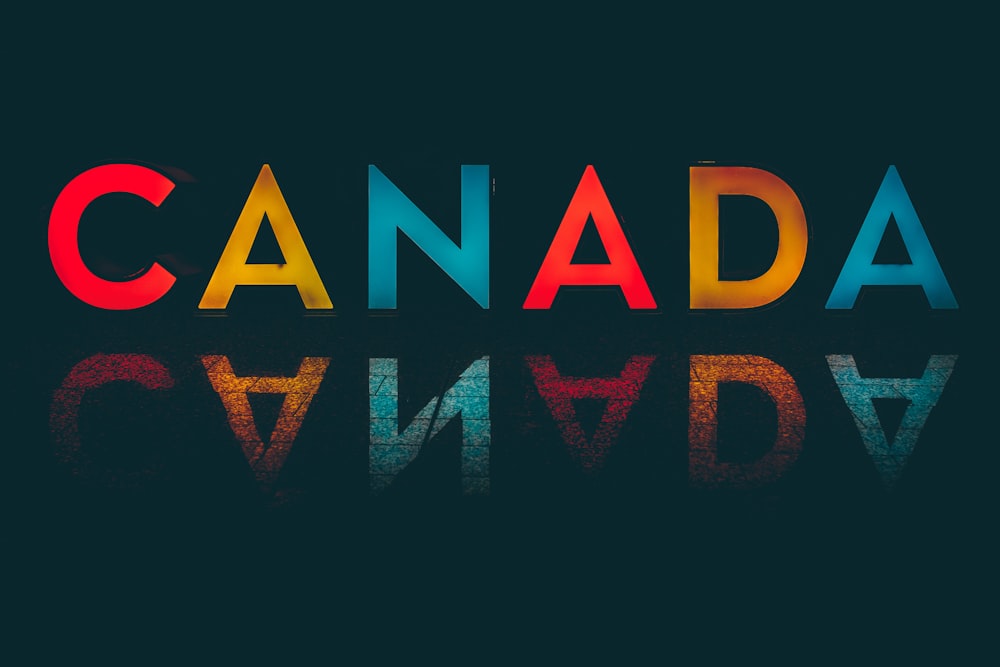The RCMP has unique powers to act at the international, federal, provincial, and municipal levels. So how can you become a police officer in Canada?
Requirements when applying for a police officer in Canada
A candidate for the position of a police officer in Canada must:
- Be a Canadian citizen or permanent resident. At the same time, a permanent resident must have lived in Canada for the last 10 years in a row;
- Be at least 19 years of age at the time of application;
- Be fluent in English and or French;
- Have a valid driver’s license without any restrictions;
- Have a Canadian high school diploma or its foreign equivalent;
- Meet established standards of physical and mental health;
- Pass according to established standards of vision and hearing;
- Have the required level of physical fitness;
- Be prepared to carry firearms and use them or any other necessary physical force;
- Be prepared to complete a 26-week training course at RCMP Academy (Regina, Saskatchewan);
- Be prepared to relocate anywhere in Canada or be pre-directed to British Columbia, Alberta, Saskatchewan, or Manitoba;
- Be ready for shift work regardless of weekends and holidays;
- Know the requirements for tattoos and body piercings: Police officers are not allowed to have visible tattoos that could potentially be offensive (for example, pornographic, blasphemous, racist, with vulgar text or designs).
Applying for police service must not:
- Brought to trial on criminal charges (including being under investigation);
- Be convicted of a criminal offense;
- Participate – whether you have been arrested and or charged or not – in any serious illegal activity;
- Fired in disgrace, including for misconduct, from another police, military, or law enforcement organization;
- Have any difficulties with pending or pending bankruptcy and debt.
Physical standards
A healthy lifestyle and an appropriate level of physical fitness are important ingredients when considering a police candidate’s application. Upon admission to the police, you will have to take a cadet course with a high level of physical fitness.
The RCMP curriculum is not about getting fit, but rather about improving it. It is extremely important to maintain and improve your fitness level both during the process of submitting and reviewing your application and during service.
How to apply to become a police officer in Canada
Recruitment to the police has the following mandatory steps:
- Submitting an online application
To find police jobs, search for RCMP in the Job title section of the Government of Canada’s Job Search Database. In the search results, see the tab Jobs open to the public.
- Passing the entrance exam
If your application is approved, you will be contacted by an RCMP representative to register you for the entrance exam. They are held throughout the year in different parts of the country.
- Collecting documents and filling out forms
If you pass the exam successfully, you will be prompted to complete and upload various forms by the specified date. You will also need to be fingerprinted and collect various personal documents such as copies of your high school diploma, driver’s license, etc.
- Preliminary polygraph test
At this stage, they will check the accuracy of your answers in the candidate’s questionnaire to ensure your honesty and decency.
- Medical examination
A full physical examination with medical and psychological tests is carried out by RCMP doctors. The cost of the medical examination is paid by the police.
- Due diligence and security clearance
Each applicant is subject to a thorough investigation of his past and environment. In case of a positive result, a permit to work is issued.
What does a police officer in Canada do?
An RCMP officer ensures public safety and order, investigates crimes, and enforces the law. The National Police can offer recruits more than 150 different types of operational and administrative activities for a successful career. Here are just a few of them: General Service Police, Forensics, Financial and Drug / Organized Crime Investigation, Rapid Response Team, National Security, VIP Security Service, Canine and Marine Services, Peacekeeping Operations, Destruction explosives, and many others.
Some of the duties of a police officer are listed below.
Maintaining the rule of law:
- detention of violators;
- response to incoming signals, and complaints;
- patrolling on foot, by bike, or by car;
- control of observance of traffic rules.
Investigation:
- collection of evidence at the crime scene;
- interviewing suspects and witnesses;
- investigation of accidents and crimes;
- testimony in court;
- preparation of reports.
Security and protection:
- emergency response;
- providing assistance to victims.
Public Relations:
- prevention of crime;
- maintaining links between the police and the public, respecting the norms of multiculturalism.

